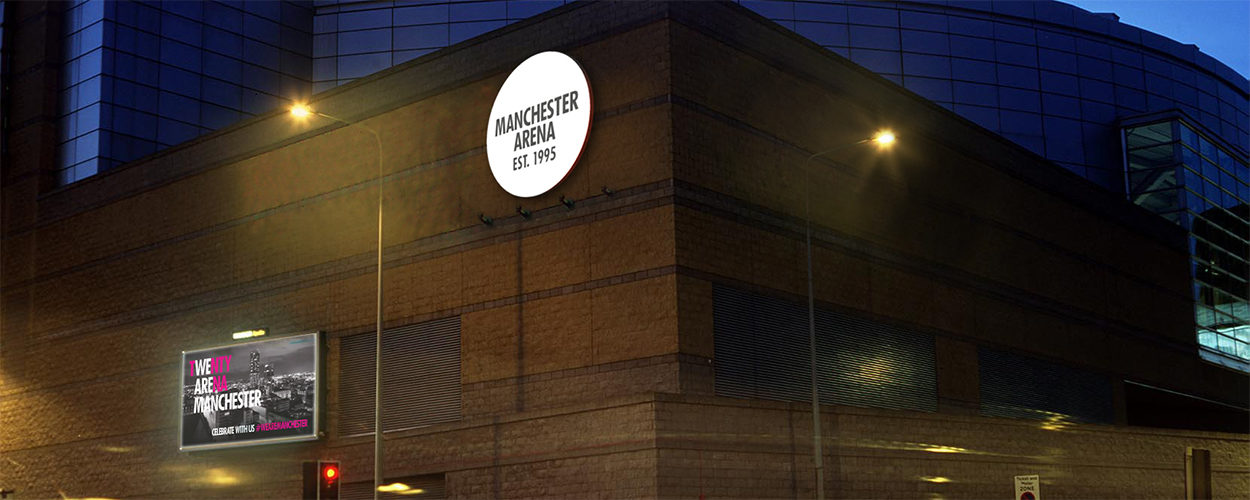This website uses cookies so that we can provide you with the best user experience possible. Cookie information is stored in your browser and performs functions such as recognising you when you return to our website and helping our team to understand which sections of the website you find most interesting and useful.
Business News Legal Live Business Top Stories
NTIA welcomes government confirmation on new Martyn’s Law
By Chris Cooke | Published on Monday 19 December 2022

The Night Time Industries Association has welcomed information made available by the UK government regarding its planned new laws that will require venues and events to put in place security measures to protect the public from possible terrorist attacks.
The new laws are a response to proposals made in the wake of the 2017 terrorist attack at the Manchester Arena. A total of 22 people died during the bombing at the Manchester venue, which occurred as an Ariana Grande concert was ending.
There is currently no legislative requirement in the UK for venues or promoters to consider or employ security measures at the vast majority of public spaces. In response to a campaign launched in the wake of the Manchester Arena attack, the government last year opened a consultation on a proposal that such a requirement, dubbed the ‘Protect Duty’, be introduced.
Following that consultation, earlier this year then Home Secretary Priti Patel confirmed that her department was now working on legislation that would introduce new security requirements for venues and events.
Providing more information on those new rules today, the government says that there will be a tiered approach. A standard tier will apply to venues with capacities of 100-800, with an obligation to undertake simple measures such as training, information sharing and the production of ‘preparedness plan’.
An enhanced tier will apply to venues with capacities over 800, which will need to undertake an additional risk assessment that will inform the development and implementation of a more thorough security plan.
The government has also provided details about an inspection and enforcement regime in relation to the new rules, and has confirmed that it will also provide statutory guidance and bespoke support to those businesses which need to comply.
The new legislation is often referred to as Martyn’s Law, named after Martyn Hett, one of the 22 people who died in the Manchester Arena bombing, and whose mother, Figen Murray, has been very involved in the campaign for and consultation about the new rules.
Welcoming the government’s proposals, she said the new laws were “common-sense” security measures that could mean “fewer suffer what myself and the families of Manchester have had to endure”. She added: “I hope that this law will now be introduced in the current session of Parliament so we can get this done as soon as possible”.
Meanwhile, UK Prime Minister Rishi Sunak added: “The way the city of Manchester came together as a community in the wake of the cowardly Manchester Arena attack, and the amazing work of campaigners like Figen Murray who have dedicated their lives to making us safer and promoting kindness and tolerance, is an inspiration to us all”.
The Night Time Industries Association – alongside the UK Door Security Association – has also been very involved in the consultation on the new laws.
NTIA boss Michael Kill said this morning: “We are pleased to see that the government has finally confirmed its intentions with regard to Martyn’s Law, with the announcement that new legislation will come in to scale up preparedness for and protection from terrorist attacks in public spaces”.
“The NTIA and UKDSA have worked closely with the Home Office, key agencies and stakeholders in the development of the practicalities around the implementation of Protect Duty”, he confirmed, “and will continue to do so in the coming months to ensure that measures are proportionate and effective at a ground level”.
“The government has worked with the sector and listened to important feedback from our members at ground level, where proportionality is key and support [will be required for] businesses who need it the most. The industry has been preparing for the implementation of these new laws for some time, building on established operating protocols, but in all cases will require further detail, framework and robust industry guidance before implementation”.
“We must also consider the impact on the private security sector, with security resource numbers during the pandemic reaching an all time low”, Kill added. “We will need to consider increasing licensed operative numbers leading up to the implementation of these new laws to ensure we do not fall foul of resource challenges”.
“Security operatives will play an important role in the protection of public spaces within the night time economy and will require a similar level of bespoke guidance and training to fulfil their role”, he went on.
“While we focus on legal requirements and guidance, it is also key that we consider the working relationships between key stakeholders during this planning process, with operators, security, emergency services, policing and local authorities taking an active part in planning towards ensuring we deliver safer public spaces”.
“Once the legislation comes in, we are confident that the bigger venues and events or ‘enhanced tier’ operators will be suitably equipped to deliver the required security measures due to existing processes and considerations, knowledge, expertise, equipment and skilled staff resource as part of an inherent operational or event management plan”.
However, he continued, “‘standard tier’ operators will require more support, in particular, they will need structured guidance and a clear framework to ensure they are compliant, but given the thresholds released today I feel the considerations are proportionate and achievable for smaller businesses”.
The NTIA chief then concluded: “I would like to say a particular thank you to Figen Murray for her pragmatism and approach in support of our sector in realising the challenges we face at a ground level and her support of proportionate and achievable measures across large parts of our sector”.





